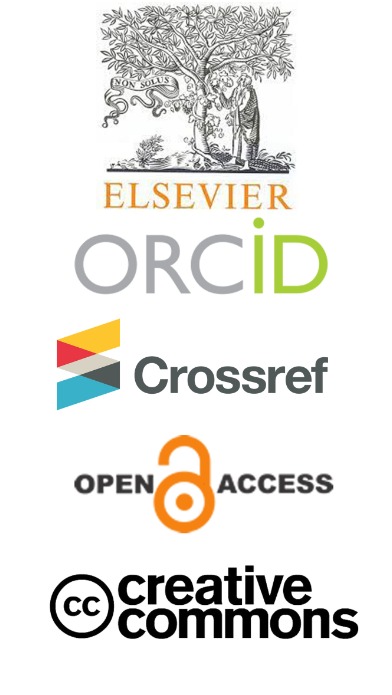Emotional literacy of fear in EFL classrooms: A study using textual analysis
Abstract
Language as a social practice constitutes power relationships among social actors, shaping their identities. A linguistic investigation of conversation between two social actors can reveal what kind is their relationship and how their identities are formed. The critical analysis of that discourse creates awareness that can help reshape the reader’s identity and their relationships with others. This discourse analysis study is intended to be taught in Iraqi EFL classroom. Most learners are passive because they are timid, vulnerable and insecure; they are not able to ask, express themselves or complain. They completely avoid communication in classroom, specifically in the English language. Thus, their communicative skills and the level of their English language is low. The Iraqi tribal culture supports the manipulation of adults, such as the teacher in the classroom. This paper focus on the discourse of fear in Moses’ story in the holy Quran, serving as the main source of narration the event. Through the application of discourse analysis techniques to Moses’ story, identifying types of fear Moses passed through in his journey, the readers’ awareness of their feeling of fear, its various types, and how to express them can be achieved and improved. A comparison between Moses’ relationship with Allah and with Pharaoh is more enlightening.



